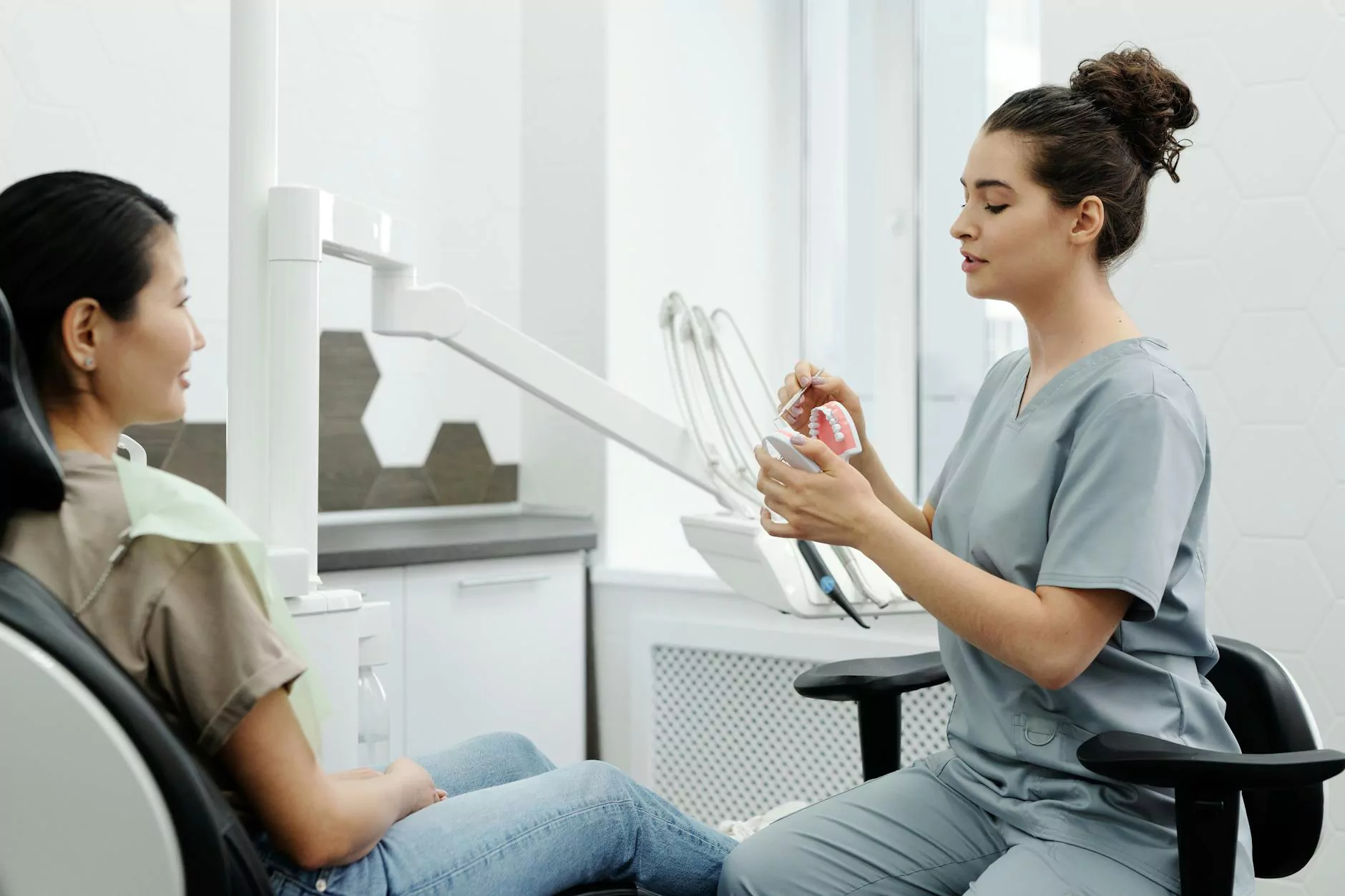The Essential Guide to Auto Sensors in the Automotive Industry

Introduction to Auto Sensors
Auto sensors are integral components of modern automobiles that play a critical role in enhancing efficiency, safety, and performance. These devices collect data from the vehicle's environment and transmit it to the control systems that help manage various vehicular functions. In this comprehensive guide, we will explore the fascinating world of auto sensors, discussing their types, functionalities, and significant contributions to the automotive industry.
Understanding Auto Sensors: A Deeper Dive
The term "auto sensors" encompasses a wide range of sensors that serve different purposes within a vehicle. Each type of sensor is designed to monitor specific parameters and relay that information to the vehicle's electronic control unit (ECU). This communication allows the ECU to make necessary adjustments to improve vehicle performance and safety.
Types of Auto Sensors
There are several categories of auto sensors, each with a unique purpose. The most common types include:
- Temperature Sensors: Monitor the temperature of various fluids, including engine coolant and transmission fluid.
- Pressure Sensors: Measure the pressure of fluids and gases, such as oil and fuel, to ensure optimal engine performance.
- Wheel Speed Sensors: Track the speed of each wheel to aid in the functionality of anti-lock braking systems (ABS) and traction control.
- Oxygen Sensors: Measure the amount of oxygen in the exhaust gases to optimize fuel combustion for improved fuel efficiency and reduced emissions.
- Maf Sensors (Mass Airflow Sensors): Determine the mass of air entering the engine to aid in precise fuel injection.
- Position Sensors: Provide information about the position of various components, such as the throttle position and camshaft position.
The Key Functions of Auto Sensors
Auto sensors serve multiple functions within an automobile. Here are some of the primary functions:
- Data Collection: Sensors continuously gather data about the vehicle's operating condition, including engine performance and environmental factors.
- Real-Time Monitoring: They provide real-time information to the ECU, allowing for immediate adjustments to optimize performance.
- Safety Enhancements: Many sensors are designed with safety in mind, such as those for collision detection and adaptive cruise control.
- Emissions Control: Sensors such as oxygen sensors ensure that the vehicle burns fuel efficiently, reducing harmful emissions.
- Diagnostic Capabilities: They play a crucial role in vehicle diagnostics. If sensors detect an anomaly, it can trigger warning lights on the dashboard to inform the driver.
The Importance of Auto Sensors in Performance Optimization
In today's world of automotive engineering, performance optimization is paramount. The integration of high-quality auto sensors can significantly impact vehicle performance in several ways:
1. Enhanced Fuel Efficiency: Accurate readings from sensors like the mass airflow sensor and oxygen sensors ensure the correct air-fuel mixture, leading to better fuel efficiency and reduced costs at the pump.
2. Improved Engine Performance: Sensors provide the ECU with necessary data to adjust ignition timing and fuel delivery, optimizing acceleration and overall engine responsiveness.
3. Effective Emissions Management: With tighter regulations on emissions, auto sensors help vehicles meet environmental standards by ensuring complete combustion and minimal pollutants.
Future Trends in Auto Sensor Technology
The field of auto sensors is rapidly evolving, driven by innovations in technology and changing consumer preferences. Here are some trends that are shaping the future of auto sensors:
- Integration with IoT (Internet of Things): More vehicles are being equipped with IoT technology, allowing sensors to communicate with other devices and systems for improved diagnostics and remote monitoring.
- Advancements in ADAS (Advanced Driver Assistance Systems): As vehicles increasingly adopt autonomous features, sensor technology becomes even more critical. This will enhance safety and driving convenience.
- Development of Smart Sensors: The emergence of smart sensors capable of self-calibrating and learning may dramatically improve accuracy and reliability.
- Emphasis on Lightweight Materials: The automotive industry will focus on reducing weight. Sensors will be developed using advanced materials that are lighter yet robust.
Choosing the Right Auto Sensors for Your Vehicle
When it comes to replacing or upgrading auto sensors in your vehicle, it is essential to choose the right products. Here are some tips to help you make informed decisions:
- Research Compatibility: Ensure that the sensors are compatible with your vehicle's make and model.
- Check for OEM Quality: Original Equipment Manufacturer (OEM) parts are often recommended for their reliability and performance.
- Consider Aftermarket Options: In some cases, high-quality aftermarket sensors can provide better performance or additional features.
- Read Reviews: Customer feedback can offer insights into the sensor's performance and reliability in real-world conditions.
- Consult Professionals: If unsure, always consult a trusted mechanic or automotive specialist for recommendations.
Conclusion: The Future of Auto Sensors in the Automotive Industry
The evolution of auto sensors is undeniably a cornerstone of modern automotive design and engineering. As vehicles become increasingly sophisticated, the demand for advanced sensor technology will continue to grow. By understanding the types, functions, and future trends of auto sensors, businesses and consumers alike can make informed decisions that enhance vehicle performance, safety, and efficiency.
At imautoparts.com, we are dedicated to providing high-quality auto parts and supplies, ensuring that your vehicle remains at the pinnacle of performance and safety with top-notch auto sensor solutions. Don't hesitate to explore our extensive inventory and stay ahead in the ever-evolving automotive landscape.
Explore More
Join us in learning more about auto sensors and how they contribute to automotive advances by navigating through our specialized categories at imautoparts.com.









